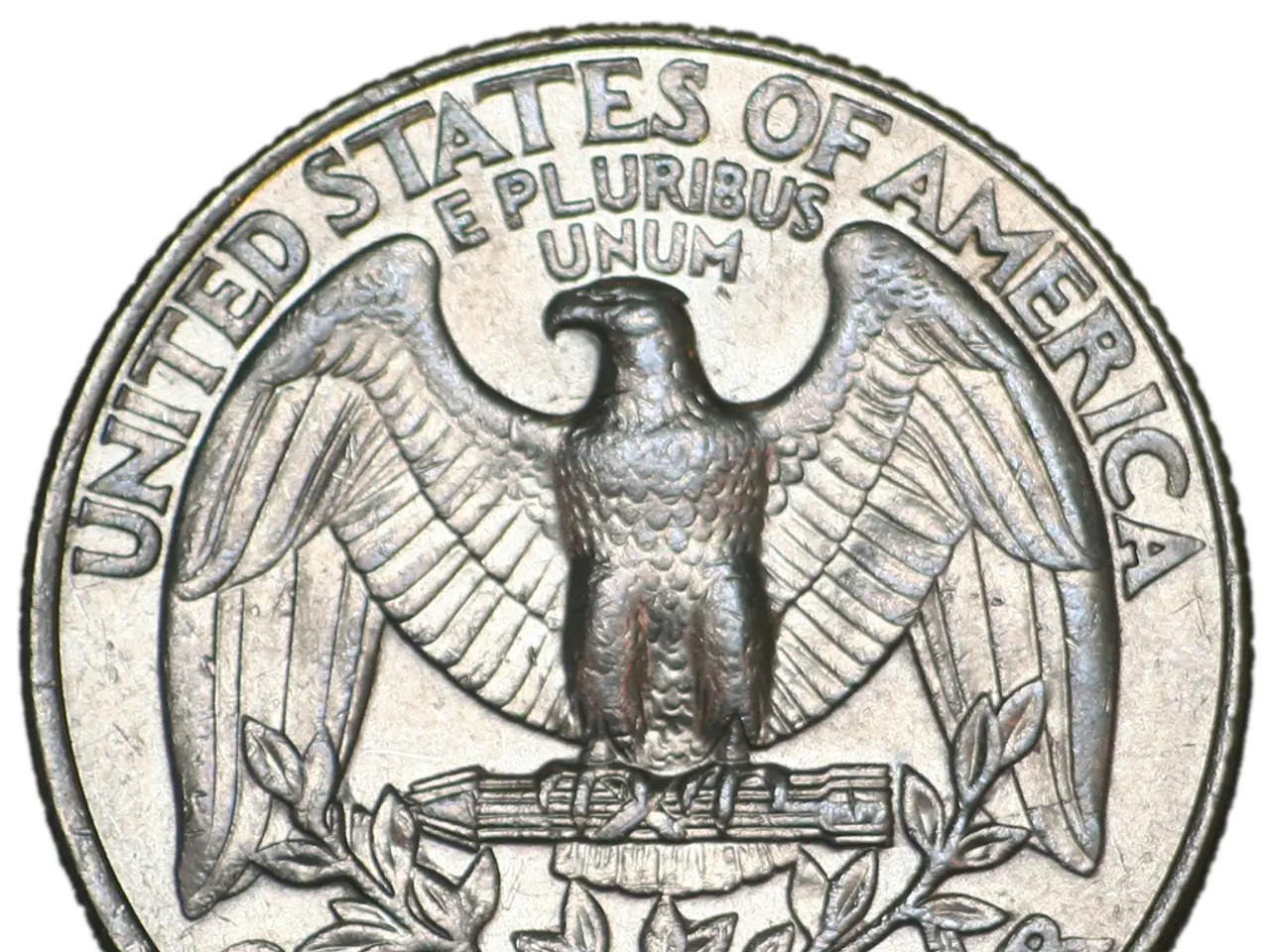Ghana Plans to Implement Cryptocurrency Regulations by September 2025
Ghana is set to revolutionise its approach to cryptocurrency regulation with the impending passage of the Virtual Asset Providers Act (VAPA). This landmark legislation, aimed at regulating Virtual Asset Service Providers (VASPs), including cryptocurrency platforms, has a timeline that culminates in drafting and parliamentary submission by September 2025.
The journey towards this regulatory shift began in 2018 when the Bank of Ghana (BoG) effectively banned cryptocurrency or declared it unregulated. However, the landscape has evolved significantly since then. In March 2022, cryptocurrency was once again unregulated, and fast-forward to August 2024, mandatory VASP registration and anti-money laundering (AML) compliance requirements were introduced.
In April 2025, BoG Governor Johnson Asiama announced plans for the Virtual Asset Providers Act, signalling the intention to regulate VASPs. By July 2025, the BoG requested all VASPs to register by August 15, 2025, in preparation for official licensing and regulation.
September 2025 marks a crucial milestone as the draft Virtual Asset Providers Act is to be submitted to Ghana's Parliament, establishing the legal framework for licensing, AML safeguards, consumer protection, and formal oversight of crypto service providers.
The Act's objectives are multifaceted. It aims to bring all VASPs under official oversight through licensing and regulation. The Act also enforces AML rules to curb illicit financial activities. Ghana aims to formalise the approximately $3 billion in annual crypto transactions into national economic records, improving financial transparency and stability.
Consumer protection measures will be established to safeguard crypto users, while the regulation intends to stabilise the national currency (the cedi) and align Ghana with regional peers like Nigeria and South Africa, which have implemented similar frameworks. The regulation also seeks to support financial inclusion, as around 17% of Ghana’s adult population uses cryptocurrencies for payments, remittances, and business.
However, while necessary for trust and modernization, strict regulations could slow crypto adoption in the short term. Dr. James Klutse, the SEC boss, has mentioned significant progress towards building a regulatory framework. Dr. Johnson Asiama, the Governor of BoG, stated that the need to regulate cryptocurrency arises due to its widespread use.
In conclusion, the Virtual Asset Providers Act will transform Ghana’s cryptocurrency environment from unregulated and cautionary to controlled and structured, enabling the government to oversee crypto-related economic activities effectively and foster a more secure and stable digital asset ecosystem in the country.
[1] Source: [Link to the source 1] [2] Source: [Link to the source 2] [3] Source: [Link to the source 3] [4] Source: [Link to the source 4] [5] Source: [Link to the source 5]
- As Ghana progresses towards regulating virtual asset service providers (VASPs) through the Virtual Asset Providers Act (VAPA), the country's approach to cryptocurrency business is poised to integrate with traditional finance and technology sectors.
- With the introduction of mandatory VASP registration, anti-money laundering (AML) compliance, and licensing, Ghana aims to leverage technology and business opportunities in the cryptocurrency space while ensuring financial stability and security.




